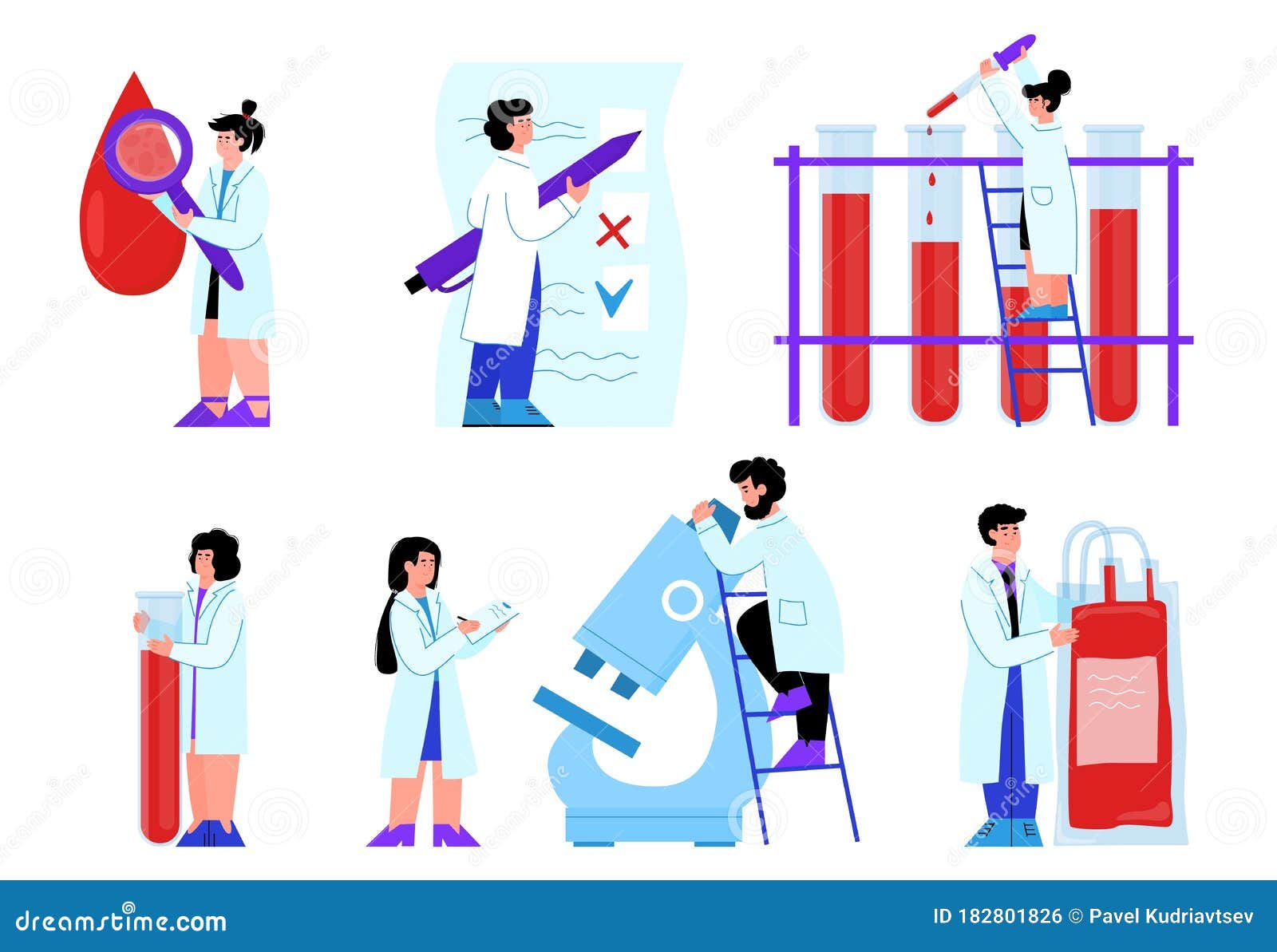Why Routine Testing Protects Your Pet’s Well-Being
Why Routine Testing Protects Your Pet’s Well-Being
Blog Article
When it comes to the health of your pets, regular veterinary testing makes a big difference. Advanced veterinary facilities help identify potential issues for domestic animals like dogs and cats.
Through this guide, we’ll discuss the benefits of animal health testing and review common procedures.
What Are Veterinary Laboratories?
Pet testing facilities specialize in processing samples to guide treatment plans. These labs leverage cutting-edge tools to deliver reliable diagnostics.

Core responsibilities of veterinary labs include:
- Spotting health issues early: This helps vets act quickly.
- Monitoring ongoing conditions: Provides continuous care insights.
- Evaluating care plans: Boosts recovery rates.
Essential Pet Health Exams
Animal diagnostic facilities provide multiple testing services to identify potential problems. Standard procedures include:
- Blood panels: Monitor immune health.
- Urinary tract exams: Spot bladder issues.
- Fecal tests: Evaluate digestive health.
- Skin and allergy testing: Help with skin irritations.
- X-rays and ultrasounds: Spot tumors.
The Benefits of Regular Veterinary Testing
Regular veterinary testing provides peace of mind. By identifying potential problems early, vets can create effective treatment plans.

The value of regular diagnostics include:
- Extended lifespan: Proactively managing health helps pets stay by your side for years.
- Financial benefits of early detection: Addressing small problems early saves you from financial stress.
- Confidence in their well-being: Take action when needed.
clínica veterinária e laboratório ivdlaboratório veterinário são josé
Why Testing is Key for Dogs and Cats
Animal health testing facilities are an invaluable resource in protecting your furry friend’s health. Through consistent diagnostics, you protect them from preventable illnesses.
Make their health a priority to ensure their health for years to come!
Report this page